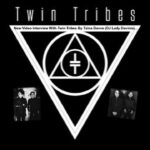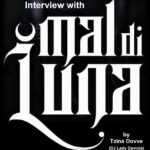Subterfuge… One of the few old-school goth bands from the land of Oz..
 .. Frontman Clifford Ennis talks about the early goth days, lockdown and future days of his act from down under..
.. Frontman Clifford Ennis talks about the early goth days, lockdown and future days of his act from down under..
 .. Subterfuge.. by Tzina Dovve
.. Subterfuge.. by Tzina Dovve
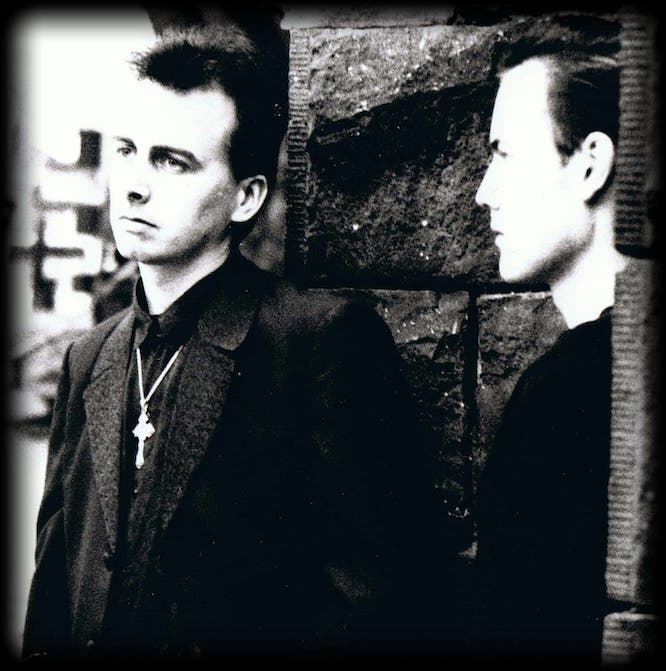
Tzina: Subterfuge date back to the early 90’s. As a veteran on the dark/goth scene playing with bands like Ikon and Jerusalem Syndrome exactly when and how were Subterfuge born and what inspired you to form this band?
Clifford: Put simply, Subterfuge is the culmination of a teenage desire to one day be in a band. And what started off as a bit of a pipe dream slowly developed into a reality. Myself and Brendan Toull had connected at school over music and we explored and continually expanded our tastes. We started off writing silly punk lyrics and I was fortunate that my Dad had guitars at home, so I would attempt to put music to our lyrics and as our music tastes evolved, so did our style. We listened to an array of alternative 80’s bands and we slowly became more serious with our music. Then in the late 80s Brendan got heavily into Depeche Mode, so much so that he bought a top of the range synthesizer and that took us to a different level. By the early 90’s we were well and truly going down the goth road and in Australia at the time there were next to no bands that we were aware of playing trad goth stuff, so we were only too happy to fill that void.
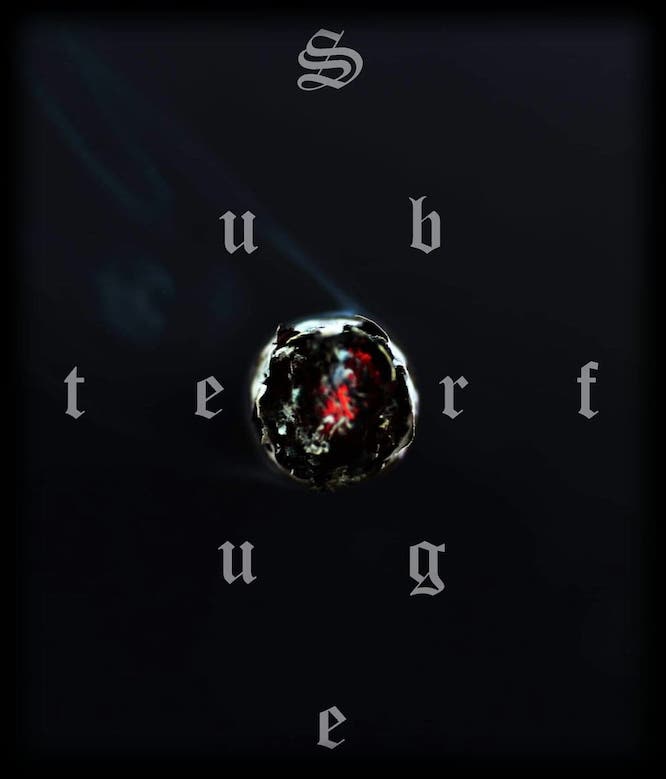
Tzina: As l understand Clifford you are the main member of Subterfuge. Have there been many changes in the line-up over the years? Who are the current members?
Clifford: Yes, I have always been the main one driving this Subterfuge bus.
It started off with Myself and Brendan then we got Rick Mullen in on guitar. Initially myself and Brendan shared the vocals but we didn’t really want to be fronting the band so we decided to look for a singer. We tried a couple and eventually settled on Jonathan Mee but he would prove too unreliable and he barely lasted 6 months. We didn’t want to waste any more time going through the arduous task of trying to find another singer again so it was decided that I should take over on vocals.
Brendan left in early 1994 due to him and Rick falling out and Subterfuge has essentially been myself and Rick ever since but Rick is elusive to say the least, he drops off the planet for long periods and is hard to get hold of. He is currently off the radar. I always try and include songs that he’s had an input in writing on any new releases though.
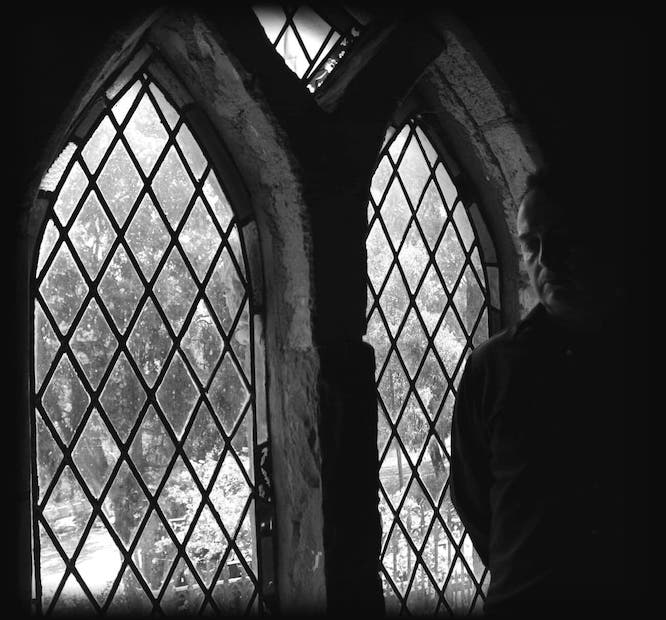
Tzina: The word Subterfuge has the meaning of deceit. What is the story behind the band’s name? Why this title in particular? Is there some sort of symbolic meaning behind this choice? Can you elaborate on this..
Clifford: In our embryonic days there were instances of being a little deceitful from time to time. Brendan in particular was very adept at embellishing stories of our achievements and abilities in the early days.
I’m sure there are many examples of us being economical with the truth but the one that springs to mind is when a singer we were auditioning played us some of his recordings and they were better quality recordings than what we had to play him so instead of playing him some of our demos we played “Cimmerian” by Rosetta Stone and told him it was us, we didn’t think we’d see him again but he was around for a while and would occasionally ask about the song he heard that day, I think we told him that we decided we didn’t like it so scrapped it.
No people or animals were harmed in any little games of subterfuge that we engaged in.
Before we were called Subterfuge we used to go by the name Rose of Fate but when the time came to release our first demo tape in 1993, we made a snap decision to change our name and Subterfuge seemed appropriate. We were alerted to the name by the Rosetta Stone song but not inspired by the song as such.
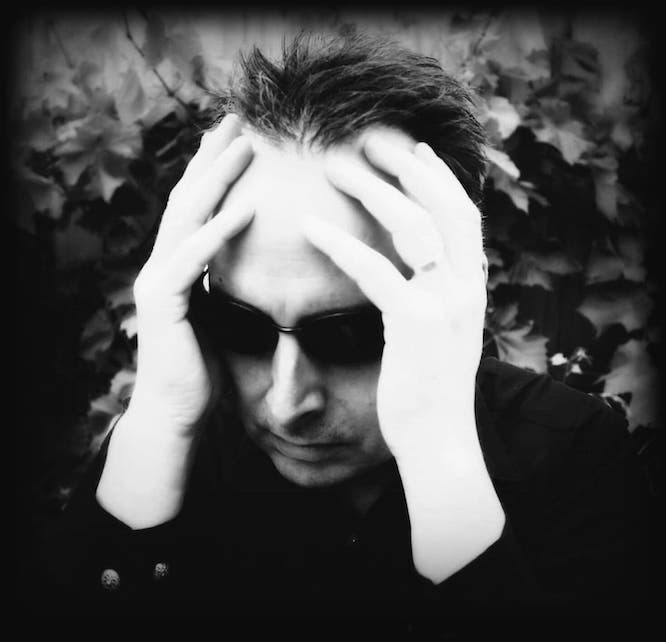
Tzina: How is a Subterfuge song born? Who is the main songwriter in the band? What are your main musical influences and what triggers your imagination to create music of the dark?
Clifford: There is no set way to how a song is born. It may start with lyrics or a melody, or perhaps a guitar part or bass riff or drum pattern. So, in a sense it never becomes particularly rigid or formulaic.
I am the main songwriter these days. I have always been the lyricist, but the music was generally a collaboration between Myself and Rick. As time passes Rick has had less of an input but I still value any contribution he makes.
The influences I had back in the early days were all the usual suspects like The Sisters, Joy Division, Siouxsie, Bauhaus, Mission etc then in the 90s bands like Dreadful Shadows, Love Like Blood, Rosetta Stone, Merry Thoughts, Garden of Delight… ( I could go on ). They are all still important to me, but not so much of an influence nowadays.
I try and listen to new artists whenever possible and while there are many that I do like I wouldn’t go so far as to say they are influential. It’s possible I may be influenced by the odd random song or by a small part of a song that I may hear but that’s about the extent of any influence. I think when bands are starting out, they get influenced by other artists but as you get older you tend to work on your own ideas and are not so influenced by outside sources.
With regard to lyrics the influence can come from all manner of sources, personal experiences or grievances, news stories and world events may also strike a chord and find their way into songs. One of the songs on the “Heat ep” called “The Empty Embrace” was written in the aftermath of that horrific mass shooting in New Zealand in 2019. I tend to cryptically write things in and keep things subtle though, so the subject matter is not always obvious.
I do like it when lyrics appear out of nowhere though, I could be singing nonsense on a demo just to get a melody and then out pops some gem that is plucked out of the ether. That’s always nice and I never seem to tire of hearing those “mysterious” lyrics, they seem to hold some otherworldly element.
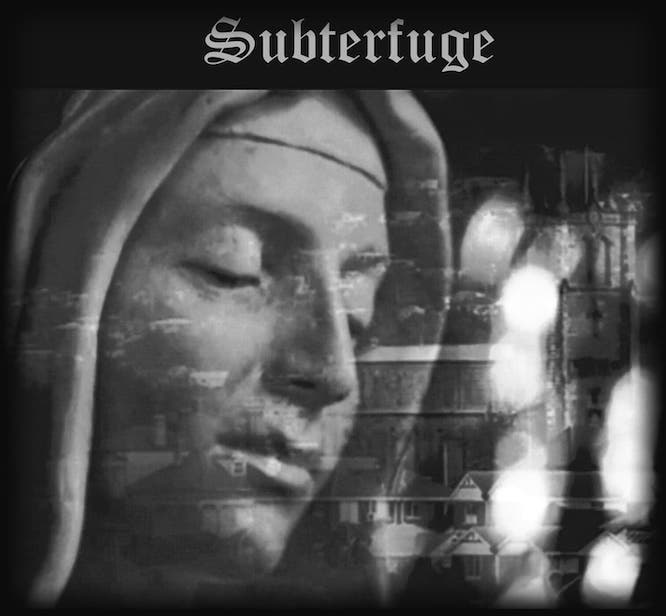
Tzina: Your latest release saw the light of day in April this year. A limited edition. A very interesting E.P. with the title ‘ Heat ‘ , a Soft Cell track which you also feature on this. How was this release received by your fans during the difficult days of lockdown and what makes it different from previous work?
Clifford: It has been received very well – and might I add incredibly slowly thanks to the coronavirus playing havoc with the postal services around the world – but I must give credit to the fans that waited for so long to receive their orders, they were all very understanding and so patient.
I see this ep almost as a continuation or companion to our 2017 album “Blind to Reason”. The main difference between our last two releases and our 90s material is probably the drum sounds. We’ve gone from a typical and obvious drum machine sound to something which more resembles real drums. There’s still a special place in my heart for the drum machine sound though.
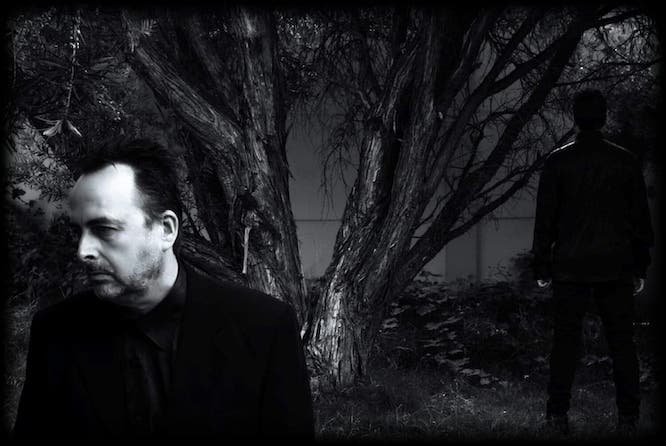
Tzina: How content are you with the outcome of ‘ Heat ‘? Are you currently working on any other new material? Are there any plans for an upcoming album in the near future?
Clifford: I have wanted to do a cover of “Heat” for a long time so it’s satisfying that I’ve finally done that and I’m very pleased with the outcome of not just the two versions of “Heat” but the whole EP in general.
I am working on new material at the moment and the plan is to release an album in the future but the “near future” seems a little ambitious. I certainly will not be releasing anything new until this Covid-19 situation is well and truly behind us, so that pretty much rules out next year by the looks of things.
Tzina: Subterfuge have done quite a number of cover versions over the years both on albums and live shows. Your live Sisters cover of ‘ Body Electric ‘ back from 1997 is also featured on ‘ Heat ‘ . What is your overall opinion of bands doing covers? Are there any other songs you would like to do a cover of in the future?
Clifford: I’m actually not a huge fan of bands doing cover versions, but I’m in a bit of a quandary because I personally enjoy the work involved in doing covers.
I think it’s fine if bands do the odd cover version live but when too many appear on studio albums, that’s a bit of a problem.
I’m of the opinion that if an artist does a whole album of cover versions then that’s pretty much their career done and dusted. It’s almost a statement saying “I’ve run out of ideas”.
Perhaps when I’m ready to pack in music I’ll do an album of covers, there’ll be no coming back after that.
There are a few other covers I’ve thought of doing but I am very conscious about making sure I don’t overdo it.
Original compositions are ultimately more rewarding and satisfying and that’s what my main focus is on.
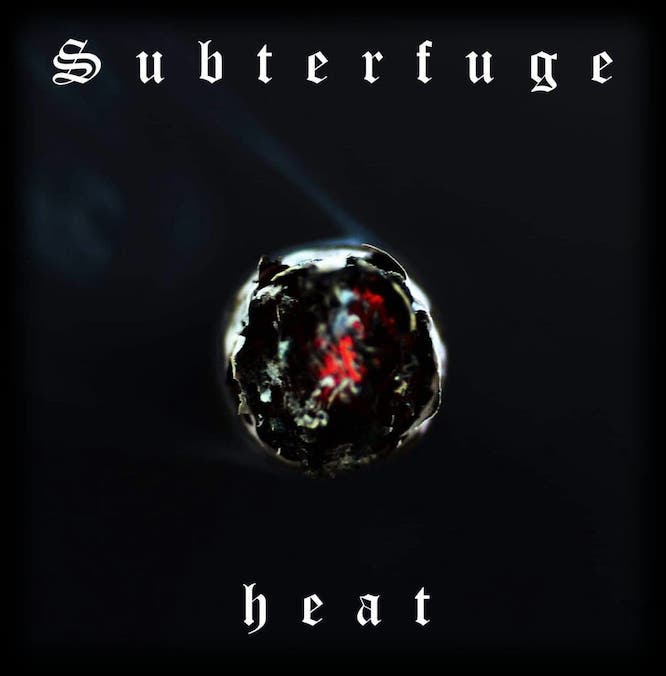
Tzina: As l understand Clifford you’re an active live musician and quite a few shows with Ikon had to be cancelled because of Covid this year. Are there any live shows planned for Ikon and Subterfuge once this lockdown and social distancing is finally over? What do you miss most about performing live?
Clifford: Ikon had shows booked in Italy, Greece and Germany for May 2020 so they all had to be cancelled. I was looking forward to return to play in Rome and WGT in Germany again but I was especially anticipating travelling to Greece as I haven’t been there before and as a lover of history it would’ve been great. But it was not to be.
From what I can tell it looks as though most of 2021 is going to be a write off for live music too. This virus doesn’t seem to be going away any time soon so as to when Ikon will play live again is anyone’s guess.
Subterfuge hasn’t played live for a long while now. The amount of work involved in getting us back playing live is too daunting a task to even contemplate, so any energy I can devote to playing live is going to be with Ikon.
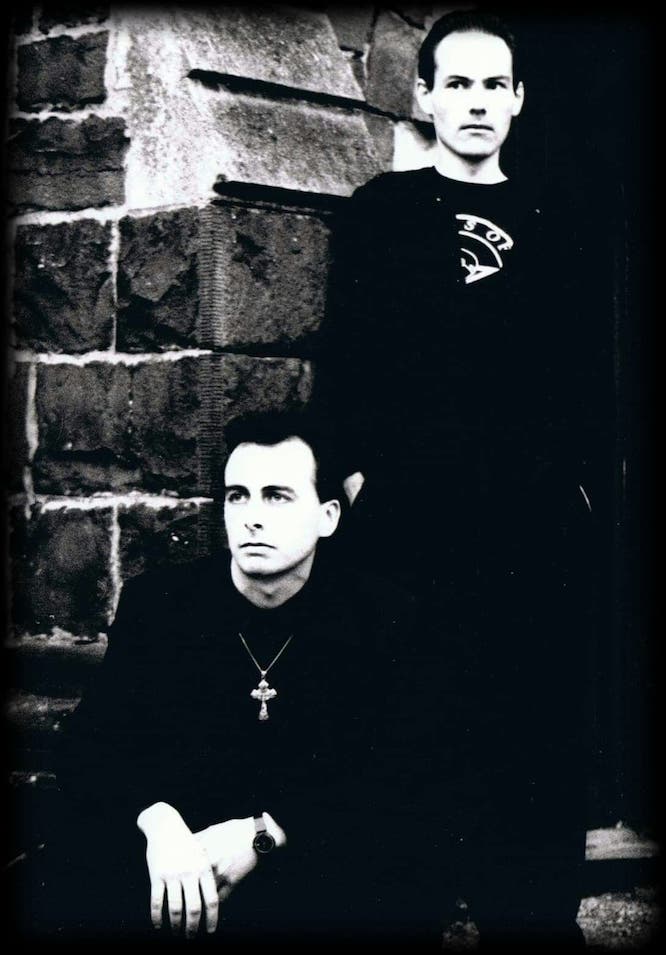
Tzina: How has this pandemic and lockdown affected you as a musician? How difficult has it been for ones creative flow? Do you believe this period will change the music and arts industry?
Clifford: The first lockdown we had in Melbourne was quite productive for me. Ideas and lyrics seemed to be flowing. I made sure I steered away from topics about isolation, lockdown and viruses, I’m sure we’ll see a few other bands bridging those topics in the coming months.
The second, longer lockdown (which we are currently still in) has been slightly less productive but I put that down to the colder weather, that’s seems as good an excuse as any.
I hope the music industry can get back to normal ASAP. The longer this virus goes on, the more likely certain venues will have to close down and, while I’m sure new ones will eventually emerge, it would be sad to lose some of the current venues which have been at the heart and soul of people’s lives for years.
If the virus continues to disrupt our lives for longer than we anticipate then there may well be seismic changes in the arts and music industry. I can’t begin to predict what those changes might be but we can only be optimistic and hope that any changes that may occur will be an improvement and music and the arts in general will emerge better and stronger on the other side of this pandemic.
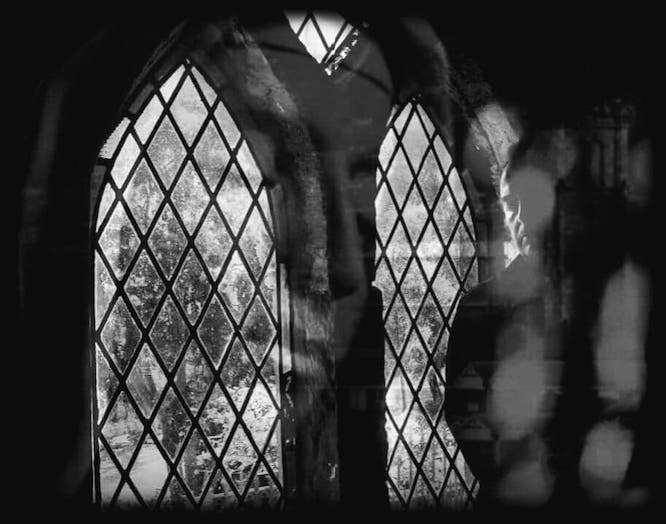
Tzina: As a goth veteran how do you view the dark/goth scene today? How much do you feel it has changed in this digital world ? Do you believe your home country is different from the rest of the world?
Clifford: “Veteran” you make me sound so old.
I’m a little bit “out of the loop’” to comment on where the scene is at today. I’m still up for going to the odd nightclub but that activity is becoming less frequent as time passes (even before Covid). I’m more inclined to go and see bands than go to clubs, there are a few interesting local bands in Australia of the post-punk ilk but not too many out and out goth bands.
The scene overseas has always been healthier than here in Australia. More clubs, more gigs and from my perspective much more support.
The digital world has changed the scene both for good and bad. Good because discovering new artists is so much easier, as is finding things like gigs and clubs. Also, it’s very easy to connect with artists and fans nowadays.
Bad because physical sales are lower now than in the good old days and there are less fanzines around, I used to love some of those fanzines in the 90’s.
I suppose overall the good outweighs the bad.
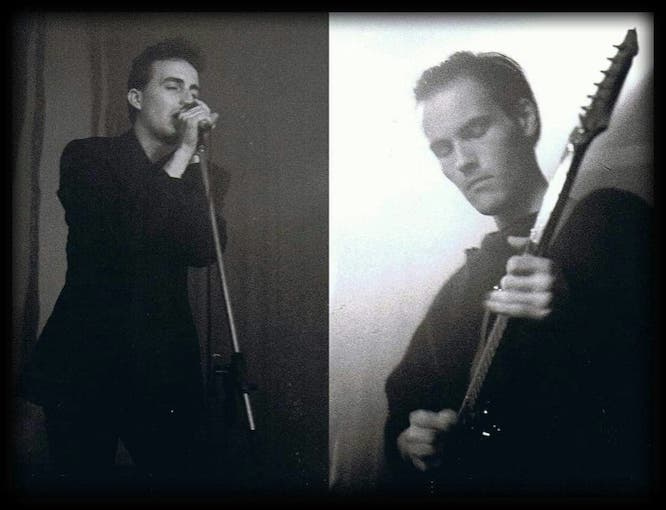
Tzina: Many new bands have emerged on the scene over the last couple of years. Do you believe there is some sort of goth revival happening at the moment? Are there any newcomers you admire ? Any advice to give to new bands..
Clifford: There seems to be a revival in ‘dark’ music in general. There have been many post-punk bands over the last few years that have caught my ear, Whispering Sons, Bootblacks and Schonwald come to mind. I still like some of the goth bands I hear but I’ve noticed recently that I tend to have a preference for bands with more of a post-punk sound. Not that there’s a massive distinction between both styles, after all they are both essentially “melancholic rock” (ooh, I may have invented a new term).
The only advice I would give to new bands would be to record and release as much as you can. We should have released more in the 90’s but we were too pedantic and we procrastinated way too much. Also, don’t mix it yourself no matter how great the temptation might be, you’d be surprised of the improvements a professional outside ear can provide (costly but ultimately worth it).
Tzina: Anything else you would like to share with Subterfuge fans? What can they expect from you in the near future?
Clifford: A new album most definitely lurks in the future but any new release will be post-covid so in the meantime you’ll have to immerse yourselves in our back catalog. Music and merch is available here.
In the meantime, I hope everyone stays safe. It’s been one hell of an odd year, not just the virus but bushfires and riots too. I think everyone will be glad to see the back of 2020.
Thank you for the interview.


